Chinese New Year
Chinese New Year is nothing like a complete New Year. You may get confused by the name. Chinese
New Year is also called the Lunar New Year. It is a 15 days festival that happens every year in China.
This New Year begins on the day of the new moon that arises between 21 st January to 20 th February.
This New Year is celebrated according to the western calendars. This festival is only for 15 days as
the festivities lasts until the next new moon day.
Origin of the Chinese New Year –
The occasion is here and there called the Lunar New Year on the grounds that the dates of festivity
follow the periods of the moon. Since the mid-1990s individuals in China have been given seven
continuous days off work during the Chinese New Year. This seven day stretch of unwinding has
been assigned Spring Festival, a term that is now and then used to allude to the Chinese New Year all
in all.
The starting points of the Chinese New Year are saturated with legend. One legend is that huge
number of years back a beast named Nian ("Year") would assault townspeople toward the start of
each New Year. The beast feared noisy commotions, brilliant lights, and the shading red, so those
things were utilized to pursue the monster away.
Festivities are done to usher out the old year and bring in the New Year with full faith, prosperity
and positive vibes. The New Year is celebrated with full zeal. People indulge in buying fire crackers,
new clothes to get ready and various festivities to bring in this New Year. Youngsters are given cash
in brilliant red envelopes. Likewise, Chinese New Year is an opportunity to eat and to see relatives.
Numerous customs of the period honor family members who have passed away.
Among other Chinese New Year conventions is the exhaustive cleaning of one's home to free the
occupant of any waiting misfortune. A few people get ready and appreciate exceptional
nourishments on specific days during the festivals.
The last occasion held during the Chinese New Year is known as the Lantern Festival, during which
individuals balance gleaming lamps in sanctuaries or convey them during an evening march. Since
the mythical serpent is a Chinese image of favorable luck, a monster dance features celebration
festivities in numerous zones. This parade includes a long, beautiful monster being brought through
the roads by various artists.
Some Fun Facts about Chinese New Year –
1. It is also known as the Spring Festival – people welcome this 15 days festival with open
arms and warmth and love. This is also called as the Spring Festival because it marks the end
of winter season and the arrival of spring season is done happily and warm heartedly. It also
marks the arrival of fresh cultivation of new crops, flowers bloom and harvests and fresh
season for cultivation marks the beginning.
2. There's no set date for Chinese New Year - As per the Lunar schedule, the Spring Festival falls in
between 20 th January to 21 st February. And this falls on the full moon day in between the said
dates and ends on the next full moon day. Thus it is celebrated for 15 long days consecutively. In
2019, it happened on February fifth. The lunar schedule is still truly significant in China, despite
the fact that it has authoritatively moved to the Gregorian schedule like the remainder of the
world. Every single customary occasions and days, for example, the Winter Solstice are praised.
A few people actually ascertain their birthday celebrations and ages as indicated by the lunar
schedule as well!
3. It is a day for going to divine beings - The Spring Festival was initially a stylized day to petition
divine beings for a decent planting and gather season. As an agrarian culture, the gather was
everything. Individuals likewise implored their predecessors, as they were treated as divine
beings.
4. It is known to warding off beasts – this story comes from the ancient times. As indicated by
one legend, there was a beast named Nian. It would come about each New Year's Eve. The vast
majority would stow away in their homes. Yet, one kid was fearless enough to ward him off
utilizing fireworks. The following day, individuals praised their endurance by setting off
considerably more sparklers. Furthermore, that training turned into an urgent piece of the
Spring Festival.
The main piece of Chinese New Year is the family gathering. Everybody should return home for
the New Year's Eve supper.
Conclusion -
Be that as it may, since in current China, older guardians live in provincial towns while their
youngsters work in the urban areas. The relocation back home and to take some time off is
called chunyun or Spring Migration.



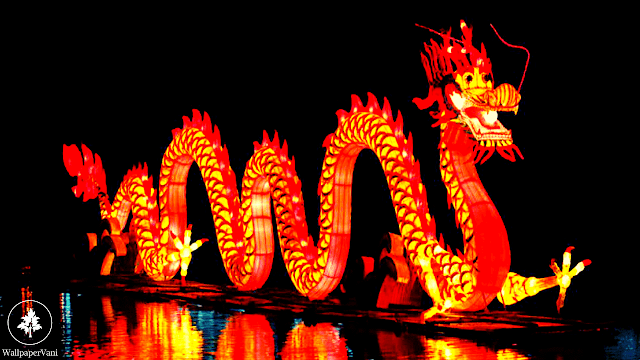
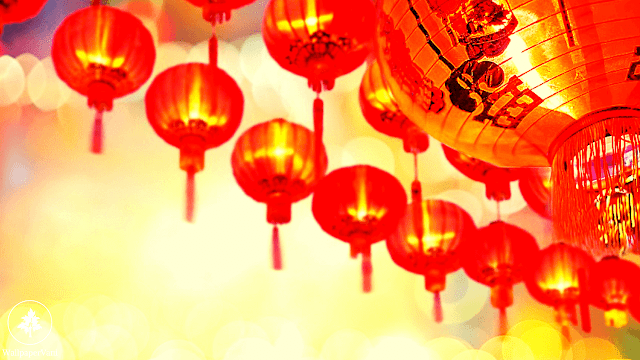
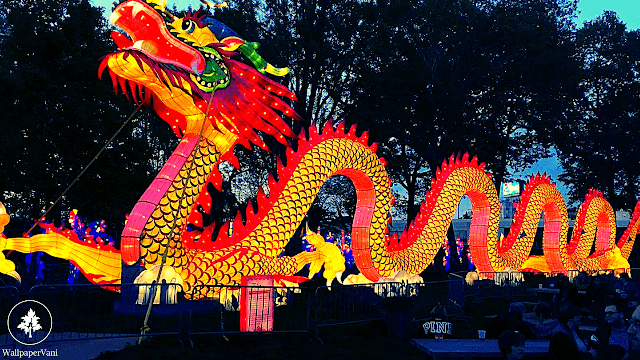
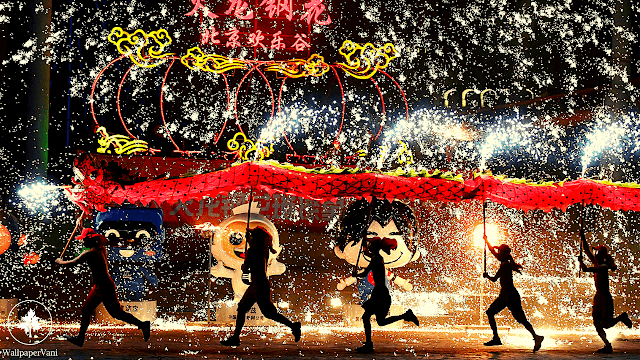
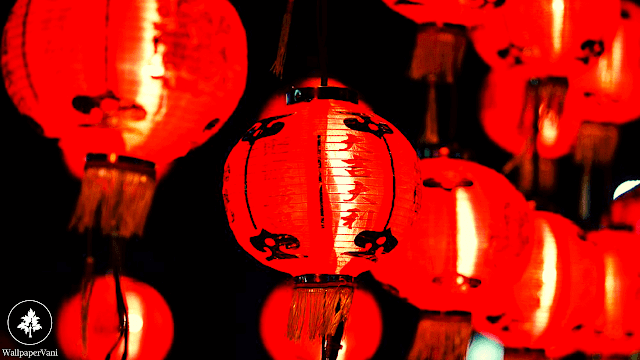





0 Comments